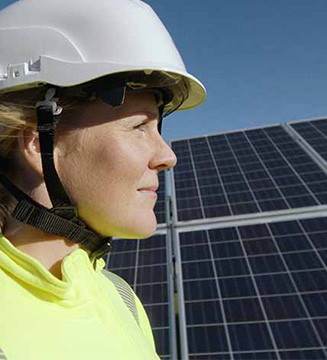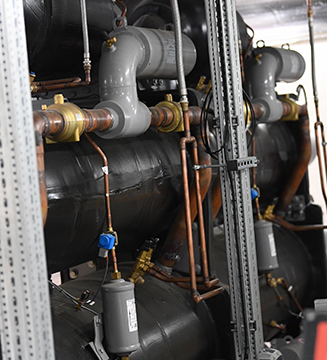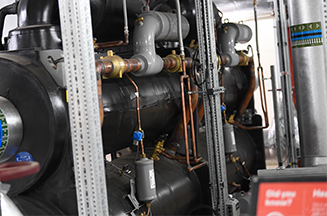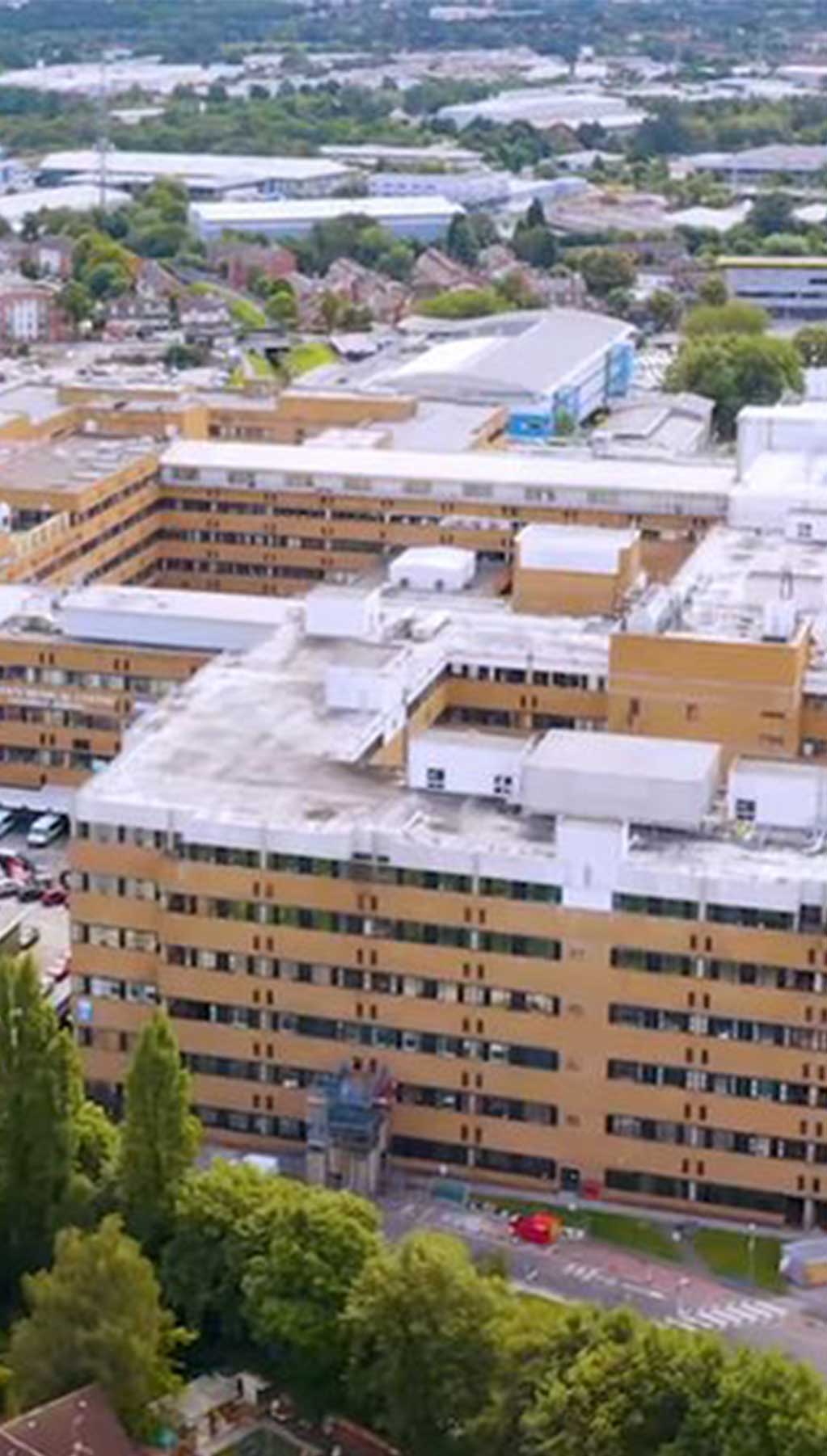
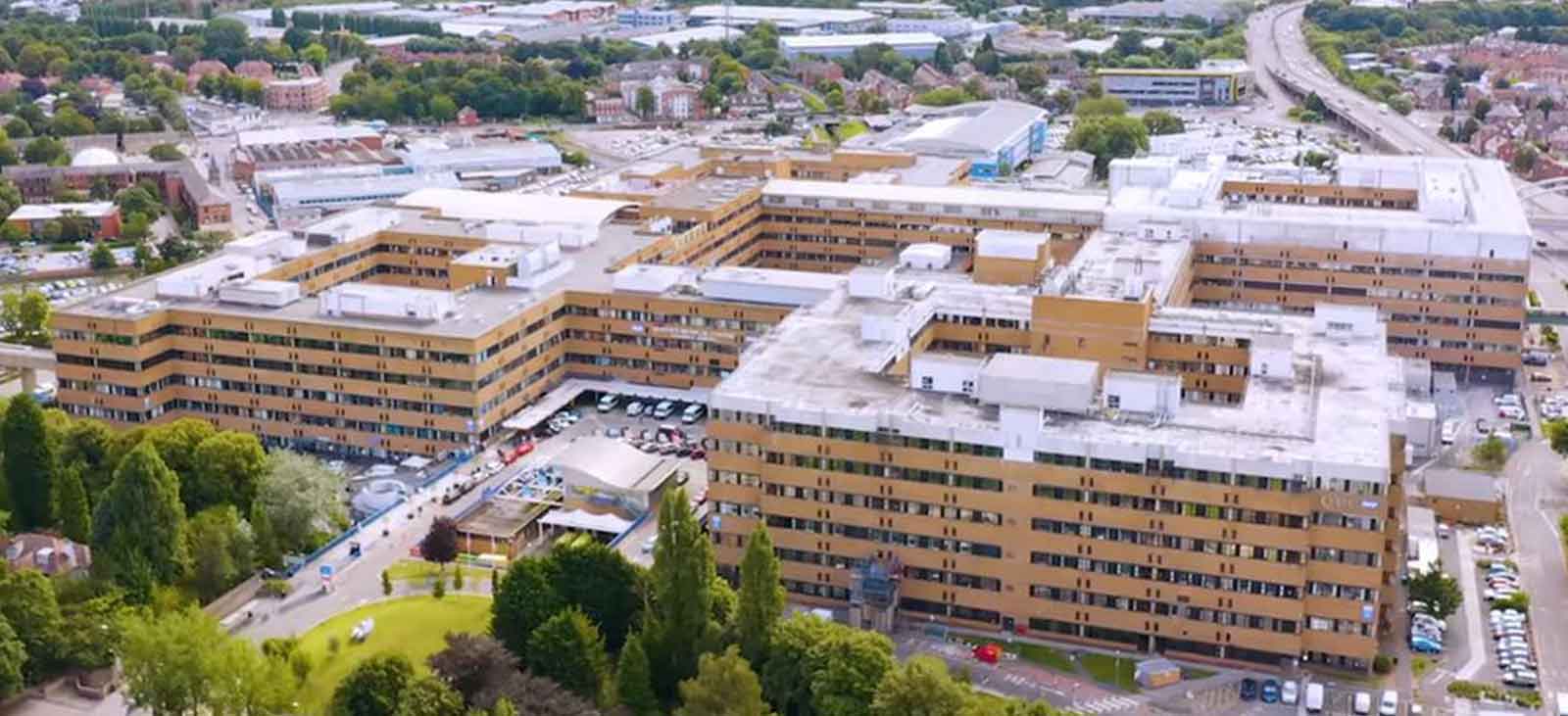
A zero carbon future for the QMC
Making a zero carbon hospital a reality
How we're reducing carbon and improving wellbeing
18,000m2 of windows replaced
Saving 10,000 tonnes of C02 a year
The story so far...
We've already begun delivering the programme of works at the QMC. We're working with Wilmott Dixon and Acorn Aluminium to replace around 12,000 single glazed windows, with more efficient double glazed units.
Our multi-technology approach uses energy management software to identify and target areas where energy and cost savings can be made. This Influenced the choice to use large commercial heat pumps and new windows to improve energy efficiency across the QMC estate, whilst improving the environment for patients and staff.
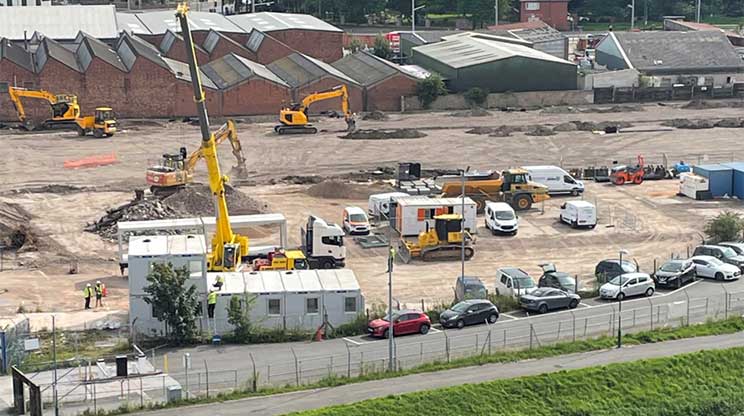
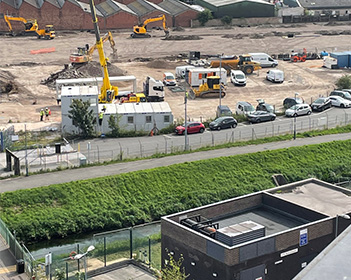
"This partnership demonstrates our significant commitment to environmental sustainability and offers a creative solution to meeting our energy needs and tackling climate change, while at the same time improving patient and staff comfort by allowing us to better manage temperatures within our buildings. Innovative projects like these will play a hugely important role in helping us meet our ambitious goal of achieving a net zero carbon operation for heating and cooling system emissions by 2040.”
A state of the art energy centre
A new £15 million energy centre, built and operated by E.ON control solutions, will provide low carbon heating and cooling to the entire hospital. Phase one will see a 4MW heat pump with 2.88MW cooling capacity installed to provide renewable electricity through extracting heat from the air and warmth from the earth via 64 boreholes that descend 200 metres under the ground. Initially supporting the existing gas heating system, with an extra 8MW of renewable heating capacity provided in phase 2 of the project.


How does it all work?
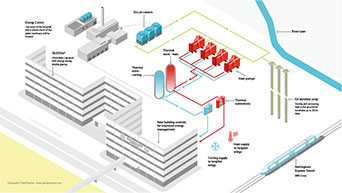
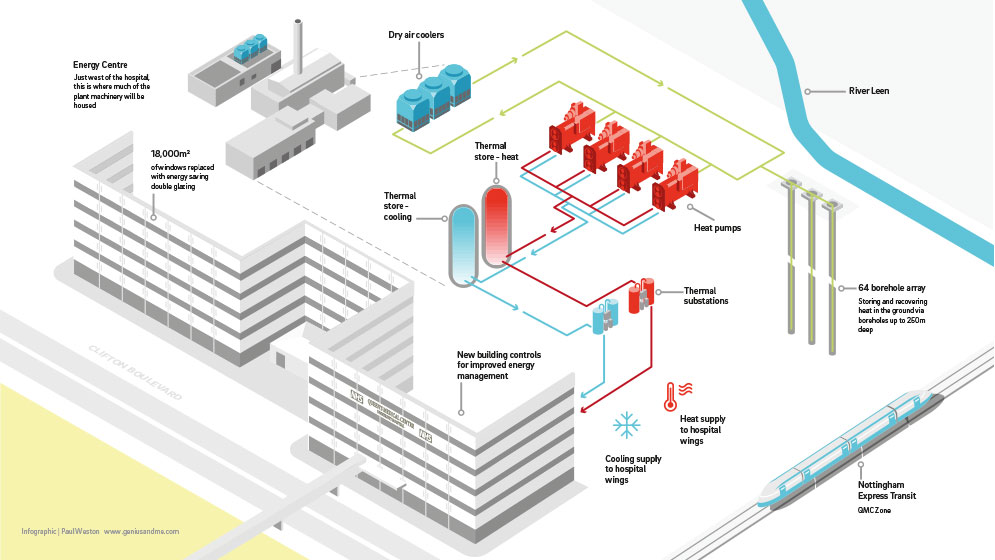
Generating sustainable benefits
Less waste energy
Less reliance on fossil fuels
Better security of supply
"“We’ve provided a source of heating and cooling to the QMC for many decades already, with an E.ON energy site in the grounds of the hospital, and I’m proud Nottingham University Hospitals are trusting us to build on that successful relationship to support their net zero ambitions."
How can your organisation be more energy efficient?


Hit your net zero targets with these solutions...
The legal stuff
1. Based on average annual mileage of 8,000 miles per year emitting 0.55kg of CO2 per mile.






